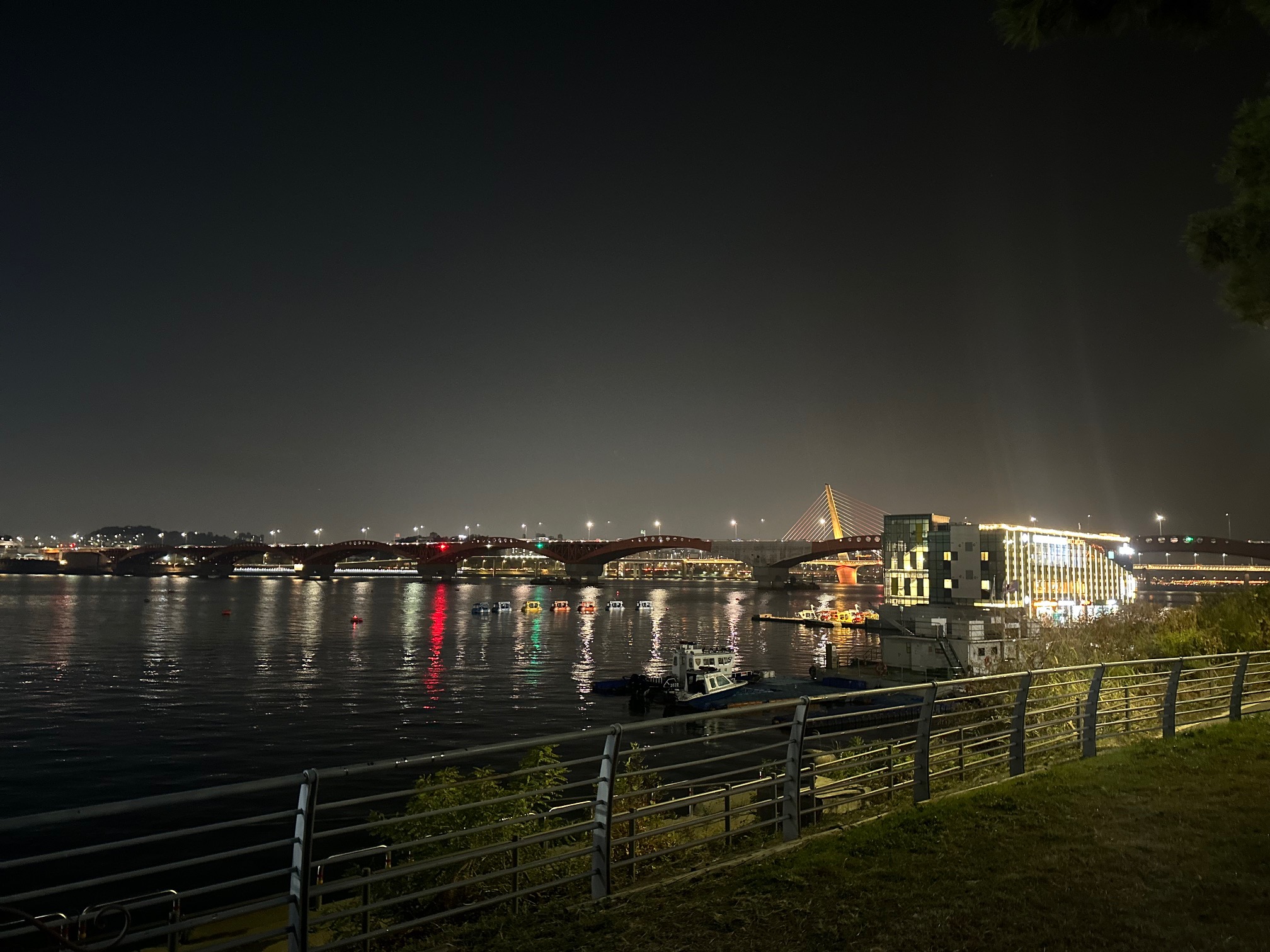
Budgeting, Housing, and Girl Math: South Korea Addition
Today, I want to write about how my financial habits have been changed or tested here in South Korea through my usage of *Girl Math*. Furthermore, I hope to give others an idea about how much money you should expect to spend depending on where, why, and for how long you are in South Korea!
Firstly, if you are coming to South Korea to study, keep in mind that not only will you have tuition, but you might have to pay separately for housing and/or be required to prove that you have enough funds to support yourself throughout your time here. For example, at Yonsei University, they required proof of $5,000 for students only staying a semester and $15,000 for those staying here a year. I bring this up because many people seem to forget about this, or at least don’t expect to have to show documentation of the entire amount of funds to their university. I was lucky enough to have been saving up for a couple years and to have a friend who had previously gone to Yonsei as an exchange student, so I was prepared! But, I remember many of my peer applicants feeling blindsided by this qualification.
If you go off time divided by the recommended minimum saved budget, that gives to around $1,000 a month. Personally, I think you could get away with way less, but I also have not been traveling or doing activities as much as some of my peers. In general, as well as in comparison to my experiences within the United States, South Korea is a very affordable country, even in urban areas such as Seoul! I have talked about this with some of my Korean friends, who tend to ask me about the price difference, as they see Seoul as being relatively expensive. However, I have found that, unlike in the United States where just about everything is expensive, Seoul has managed to create a balance throughout the average expenses. For example, while housing is overly expensive just about anywhere in South Korea, because just about everything else is not, a balance is struck to where I find it is easy to live within your means.
I have firsthand experience with this considering my choice to live off-campus during my time here. Housing has consistently been the hardest (and most expensive) choice I’ve made in my time in Seoul. When it comes to Yonsei University, on-campus housing was not only competitive, but it also wasn’t decided until about a month before you were set off for South Korea. Furthermore, on-campus housing meant having a roommate, shared bathrooms, a curfew, and, in my mind, did not give as much independence as I wanted. However, it was significantly cheaper. On the other hand, living off campus was pricier, but gave you more space, privacy, freedom, and solo experience. In the end, I would just caution introverts from deciding to live off campus, as, since you aren’t ensured to meet people through your roommate or running into each other in the halls, it is very easy to become isolated.
Lastly, in terms of staying on budget, I would recommend you to be very careful about the exchange rate. I don’t mean this in a bad way, because especially if you are traveling from the United States, the exchange rate falls in your favor. However, I have found that this makes me more willing to spend money. For example, 75,000 won exchanges to around $57.00, and 120,000 won exchanges to around $93.00. As someone who can’t pass up a good sale, this exchange rate essentially means that everything is on sale, at least according to my *girl math*. This might not pose an issue to some people, but as someone who is typically very money conscious, I was surprised at points how easy it was to go over my planned budget because I was focused on the won amount and the knowledge that it would be quite a bit lower once it actually hit my account. So, if you have a mindset that just can’t pass up a good sale, just be mindful!!

